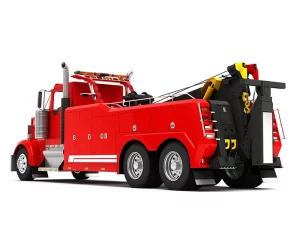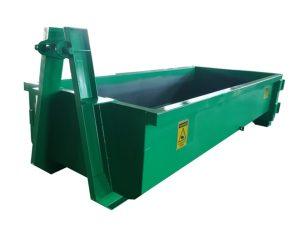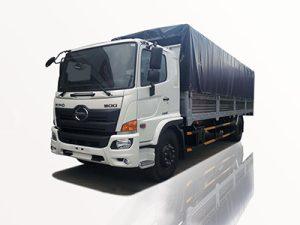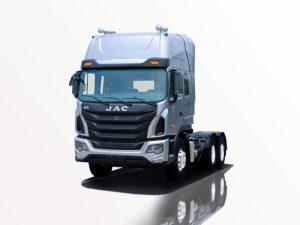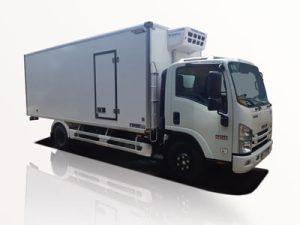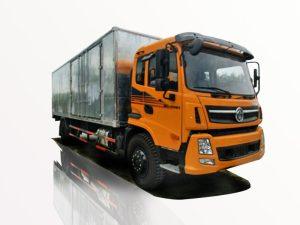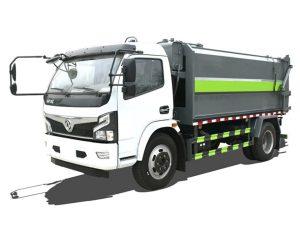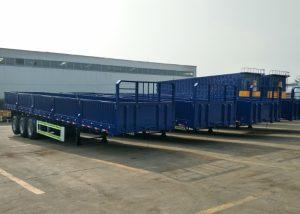Monday to Saturday - 8:00 -17:30
Understanding the Capacity of a 10 Wheeler Dump Truck
Dump trucks are an essential part of the construction and transportation industries, and the 10 wheeler dump truck is one of the most commonly used types. This article explores the capacity of a 10 wheeler dump truck, its specifications, practical applications, and other related topics.
What is a 10 Wheeler Dump Truck?
A 10 wheeler dump truck is a vehicle designed to transport loose materials such as gravel, sand, and dirt. It features ten wheels for better stability and weight distribution, making it capable of carrying significant loads. The typical configuration includes a truck cab with a covered dump bed at the rear, which can be raised to unload materials at job sites.
Capacity of a 10 Wheeler Dump Truck
Understanding Capacity
The capacity of a 10 wheeler dump truck refers to the amount of material it can carry. This is usually measured in cubic yards or tons. Several factors affect the capacity, including the size of the dump bed, the type of material being transported, and local weight regulations.
Typical Capacity Range
On average, a 10 wheeler dump truck can carry between 12 and 16 cubic yards of material. In terms of weight, this can range from 15,000 to 20,000 pounds, but it varies based on the material’s density.
Weight Considerations
| Material Type | Approximate Weight per Cubic Yard | Max Load in Tons |
|---|---|---|
| Sand | 1.5 tons | 8-10 tons |
| Gravel | 1.9 tons | 9-12 tons |
| Dirt | 1.2 tons | 10-14 tons |
| Concrete | 2.4 tons | 5-7 tons |
Types of 10 Wheeler Dump Trucks
Standard Dump Truck
The standard 10 wheeler dump truck typically features a straight dump bed. It’s versatile for various construction jobs, such as street construction and general excavation.
Articulated Dump Truck
Unlike standard dump trucks, articulated dump trucks have a hinge between the cab and the dump bed. This design enhances maneuverability in tight spaces, making it preferable for off-road or rough terrain applications.
Side Dump Truck
Side dump trucks unload materials to the side rather than the back, allowing for faster unloading in specific scenarios, such as road paving or site development.
Usage and Applications
Construction Projects
10 wheeler dump trucks are essential in construction for transporting materials like aggregates, soil, and asphalt. They provide the capacity needed to move bulk materials quickly and efficiently.
Landscaping
In landscaping, these trucks are used to deliver soil, mulch, and decorative stones. Their ability to carry large loads helps landscapers finish projects faster.
Road Maintenance
These trucks are often deployed for road repair projects, moving gravel, and asphalt to job sites for new road construction or patching existing roads.
Choosing the Right 10 Wheeler Dump Truck
Factors to Consider
When selecting a 10 wheeler dump truck, consider the following factors:
- Job Requirements: Assess the types of materials you’ll be transporting and the weights involved.
- Local Regulations: Be aware of weight restrictions in your area, as exceeding limits can lead to fines.
- Condition of the Truck: If purchasing used, inspect for wear and tear.
Cost Considerations
The cost of a 10 wheeler dump truck varies based on brand, age, and condition. New models can range from $80,000 to over $150,000, while used models may cost significantly less. Maintenance and fuel efficiency should also factor into your overall budget.
Maintenance Tips for 10 Wheeler Dump Trucks
Regular Inspections
Conduct regular inspections on tires, brakes, lights, and fluid levels. Keeping the truck in optimal condition prevents breakdowns and ensures safety on the road.
Cleaning the Dump Bed
After each use, clean out the dump bed to prevent corrosion and residue build-up. This prolongs the life of the truck and maintains hygiene when transporting different materials.
Fluid Checks
Regularly check engine oil, hydraulic fluid, and transmission fluid levels. Keeping these fluids within recommended levels is critical for the truck’s performance and longevity.
Practical Examples of Capacity Usage
Example 1: Road Construction
For a road construction project requiring 200 tons of gravel, a fleet of 10 wheeler dump trucks might be deployed. If each truck carries 10 tons of gravel, 20 trips will be needed to complete the job in a timely manner.
Example 2: Landscaping a Park
If a landscaping project estimates needing 30 cubic yards of soil, and each truck carries 15 cubic yards, only two trips will be necessary, making the task efficient and manageable.
Comparing 10 Wheeler Dump Trucks with Other Types
Comparison with 6 Wheeler Dump Trucks
6 wheeler dump trucks are smaller than their 10 wheeler counterparts. While they can navigate tight spaces more easily, they have a lower capacity, typically carrying around 6 to 8 cubic yards of material. Depending on the job’s scale, a 10 wheeler might be more suitable for larger loads.
Comparison with 12 Wheeler Dump Trucks
On the opposite end, 12 wheeler dump trucks offer even greater capacity, often carrying upwards of 20 cubic yards. However, their larger size can be a disadvantage in areas with restricted access.
Frequently Asked Questions (FAQs)
What is the maximum load a 10 wheeler dump truck can carry?
The maximum load can vary, but a 10 wheeler dump truck typically carries between 15,000 to 20,000 pounds, depending on the material’s weight.
How many cubic yards can a 10 wheeler dump truck hold?
A 10 wheeler dump truck can generally hold between 12 to 16 cubic yards of material.
Can a 10 wheeler dump truck be used for residential projects?
Yes, 10 wheeler dump trucks are suitable for residential projects, including landscaping, renovations, and other construction tasks.
What are the regulatory weight limits for 10 wheeler dump trucks?
Regulatory weight limits vary by state and region. Generally, the legal weight limit for any vehicle is 80,000 pounds including the truck’s weight, cargo, and passengers.
How often should a 10 wheeler dump truck be serviced?
Regular servicing should occur at least every 3 months or every 3,000 miles, whichever comes first. However, this may vary based on usage and driving conditions.
Are 10 wheeler dump trucks fuel-efficient?
Fuel efficiency varies based on engine size, load, and driving conditions. Generally, newer models with better technology offer improved fuel efficiency compared to older models.


